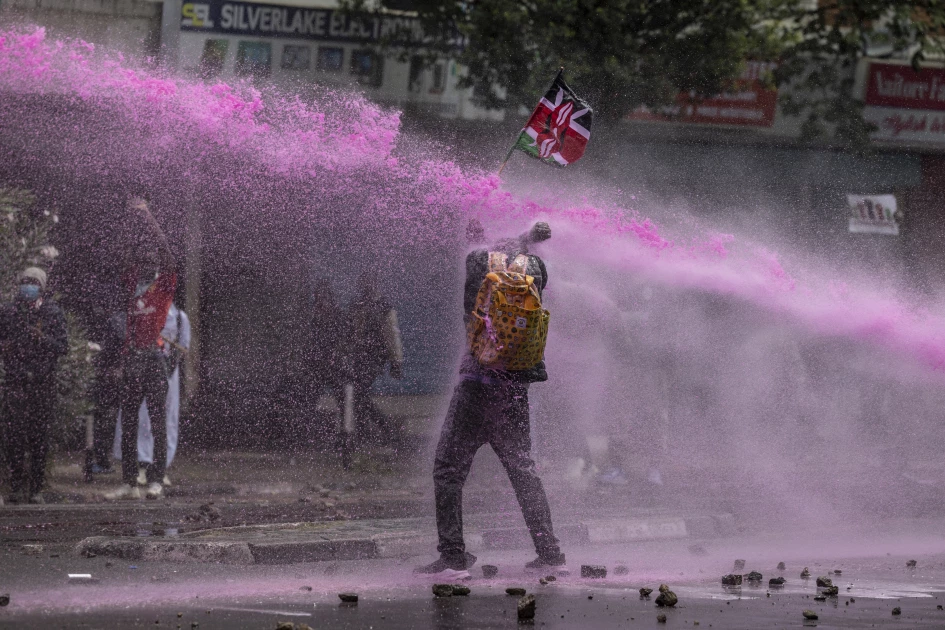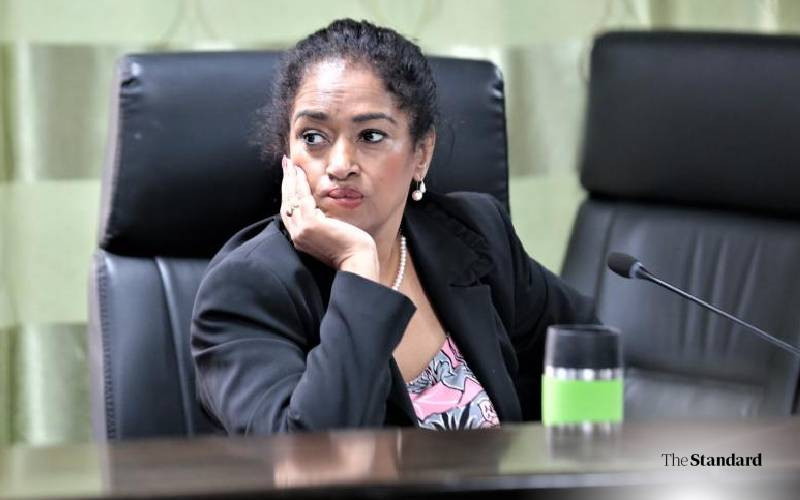Passaris' Bill to Restrict Protests Near Parliament

A significant legislative proposal, the Public Order (Amendment) Bill 2025, championed by Nairobi Woman Representative Esther Passaris, is garnering substantial support within the Kenyan Parliament. This Bill seeks to amend the existing Public Order Act (Cap. 56) by introducing specific zones where public protests would be restricted or designated, aiming to impose clear boundaries on public gatherings.
During her presentation to the Administration and Internal Security Committee on Tuesday, Passaris articulated the pressing need for such legislation. She highlighted a concerning increase in protests across the country, some of which have unfortunately escalated into violence or resulted in fatalities. The proposed amendments, according to Passaris, are designed to introduce structure and predictability into demonstrations, ensuring that they occur in an orderly manner while simultaneously upholding constitutional rights. She emphasized that the Bill's core intent is to safeguard the foundational pillars of Kenya's democracy, stating, “The whole idea of the Bill is to protect the pillars of our democracy. You have to have a certain area where you can’t reach as a demonstrator and you have to respect that.”
If enacted, the Public Order (Amendment) Bill 2025 would prohibit protests within a 100-meter radius of critical institutions, including Parliament, various courts, and other sites designated under the Protected Areas Act. Furthermore, it would empower the Cabinet Secretary for Internal Security to establish specific zones for protests, working in conjunction with county governments to determine suitable locations for demonstrations. The Bill also outlines penalties for non-compliance, stipulating that individuals who contravene these provisions would be liable, upon conviction, to a fine not exceeding one hundred thousand shillings, imprisonment for a term not exceeding three months, or both.
Passaris clarified that her proposal is not aimed at individual protesters but rather at creating a robust system that ensures protests can proceed without disrupting essential government functions. This approach differentiates her Bill from the Assembly and Demonstration Bill 2024, previously put forth by Public Service Cabinet Secretary Geoffrey Ruku, which faced widespread opposition from police oversight bodies, human rights organizations, and civil society groups due to concerns that it severely threatened freedom of assembly. Passaris noted that Ruku’s Bill focused more on controlling individual conduct during protests, whereas her Bill prioritizes improving the organizational framework of protests by clearly defining designated areas for such activities.
The Bill has been met with positive reception from numerous Members of Parliament, who have described it as both important and timely in light of recent events. Gabriel Tong’oyo, who chairs the Administration and Internal Security Committee, underscored Kenya's critical juncture in its democratic development. He asserted, “The country is at a crossroads, we must take lessons, As much as citizens have a right to picket, it must be done in an orderly manner.” Echoing this sentiment, Homa Bay MP Peter Kaluma supported the Bill's objective nature and timeliness but suggested further refinement to explicitly define its intentions regarding the limitation of rights. Kaluma also raised a pertinent question about the appropriate forum for addressing specific grievances, querying whether certain matters necessitate street protests or are better resolved through established legal channels, citing the example of seeking compensation for victims of past demonstrations.












